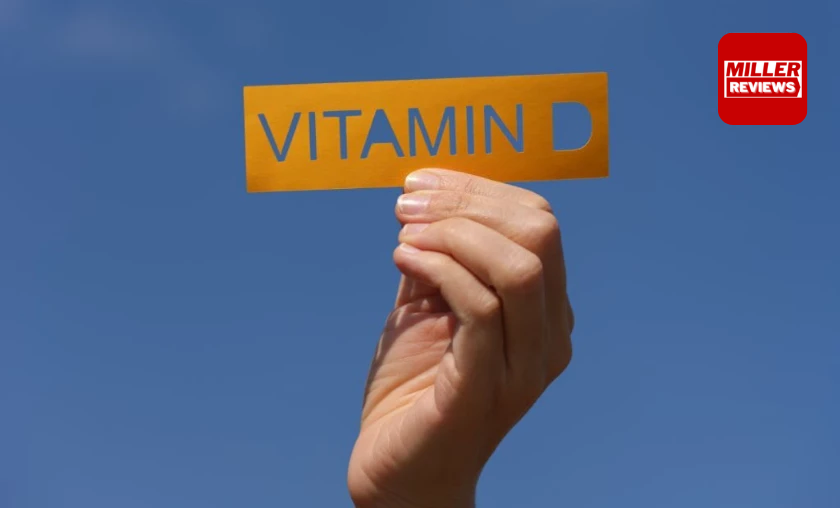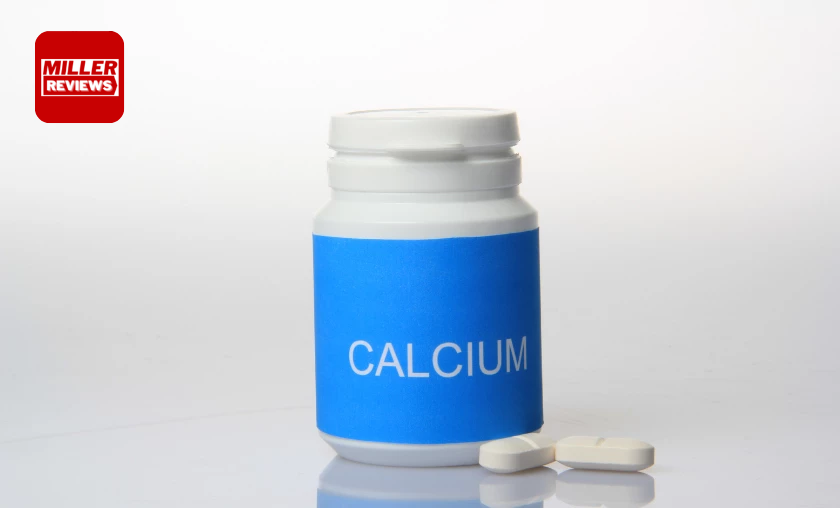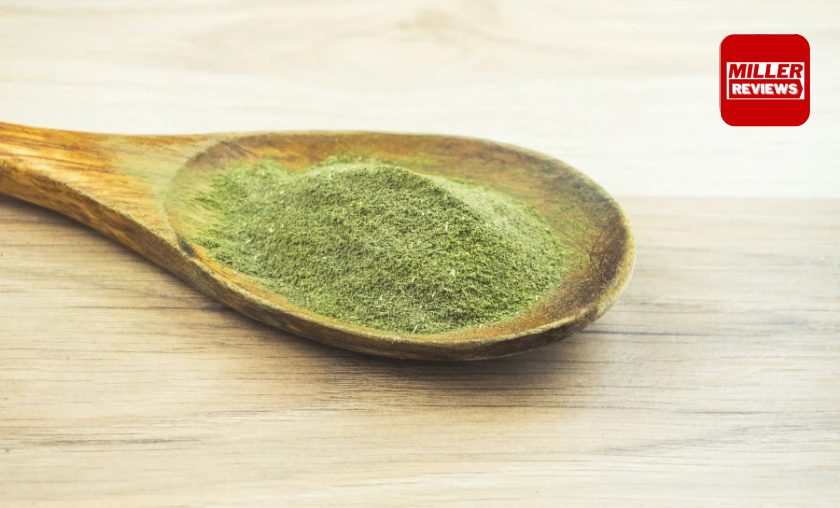Supplements Not to Take: When it comes to supplements, there’s a lot of hype around their benefits, making it hard to separate fact from fiction. While vitamins and minerals are essential for health, taking them in pill, capsule, or powder form, especially in high doses, isn’t necessary or risk-free.
Dietary supplements can interact with each other and with over-the-counter and prescription medication. Unlike drugs, the FDA doesn’t review dietary supplements for safety and effectiveness before they’re marketed. It’s the responsibility of manufacturers to ensure their products are contaminant-free, properly labeled, and contain what they claim. Regulation for dietary supplements is less strict than for prescription or OTC drugs.
In 2023 the FDA introduced the Dietary Supplement Ingredient Directory to inform the public about supplement ingredients. Consumers can use the directory to look up ingredients and see the FDA’s stance and actions.
Over half of Americans take herbal or dietary supplements daily. The dietary supplements market was valued at $151.9 billion worldwide in 2021.
Table of Contents
While some supplements can improve health, others may be ineffective or harmful. Research shows only omega-3 fatty acids and folic acid help prevent heart disease. A high calcium intake may increase cancer-related death risk, but more studies suggest the opposite. Adequate magnesium, zinc, vitamin A, and K intake lowers death risk when obtained from food, not supplements.
“Buyer beware,” warns JoAnn Manson, an expert in preventive medicine. Many supplements lack rigorous testing and have unsubstantiated health claims.
Confused? NIH fact sheets provide detailed information on vitamins, minerals, and herbal supplements. If you have an underlying health condition or are pregnant, breastfeeding, or taking medication, consult your healthcare team before adding new supplements.
Here are seven popular supplements, but use caution or avoid them, as recommended by experts.
Vitamin D: Too Much Can Harm Your Kidneys

Vitamin D is essential for calcium absorption and bone health. While it’s difficult to obtain enough from food alone, vitamin D supplements are popular. However, guidelines and research on their effectiveness are contradictory, and enthusiasm surpasses evidence.
For instance, vitamin D does not necessarily prevent bone fractures in healthy women, as the U.S. Preventive Services Task Force recommends. High doses can lead to adverse effects like muscle pain, mood disorders, abdominal pain, kidney stones, and an increased risk of heart attack and stroke.
Certain individuals, such as those at risk of deficiency and older adults, may benefit from vitamin D supplements. Spending brief periods in the sun without sunblock can also boost vitamin D levels. However, it’s important to consider potential interactions between vitamin D supplements and medications like orlistat, statins, thiazide diuretics, and corticosteroids.
In summary, vitamin D supplements have their place but should be approached with caution and individualized consideration.
St. John’s Wort: Avoid Drug Interactions

St. John’s wort, a plant used for various purposes, is believed to have benefits for depression and other conditions. Small studies suggest it may be effective for mild depression, comparable to certain antidepressants. However, the main concern is its interactions with medications.
A significant percentage of St. John’s wort use involved dangerous combinations with antidepressants, anti-anxiety drugs, statins, warfarin, and oral contraceptives. Combining it with antidepressants can lead to severe complications. Moreover, it can reduce the effectiveness of birth control pills, chemotherapy, HIV/AIDS medication, and anti-rejection drugs for transplants.
Before taking St. John’s wort, research potential drug interactions and discuss the supplement’s risks and benefits with your doctor. It’s crucial to understand how it compares to other treatment options available to you.
Calcium: The Excess May Settle in Your Arteries

Calcium is crucial for a strong skeleton, but excessive intake can be harmful. Consuming more than 2,500 mg per day (for adults aged 19-50) or 2,000 mg per day (for those 51 and older) can lead to problems.
Calcium supplements carry risks of hardened arteries and a higher risk of heart disease, although research findings are mixed. It’s advisable to obtain calcium from your diet whenever possible. A study found that individuals who obtained calcium from food had a lower risk of atherosclerosis, while calcium supplements were associated with an increased risk.
The NIH recommends 1,000 mg of calcium per day for women aged 19-50, 1,200 mg for women 51 and older, 1,000 mg for men aged 19-70, and 1,200 mg for men 71 and older. Good dietary sources of calcium include low-fat yogurt, tofu, nonfat milk, cheese, fortified cereal, and juices.
Routine blood tests can detect calcium deficiency (hypocalcemia). Your doctor may prescribe a calcium supplement if your blood levels are low despite adequate dietary intake.
Multivitamins & Multiminerals: No Substitute for a Healthy Diet

Believe that a healthy lifestyle requires a daily multivitamin-multimineral supplement. Surprisingly, the effectiveness of these supplements is still being determined, despite their widespread use.
A study of over 40,000 women found that those who took supplements had a higher risk of early death and no significant protection against common cancers or cardiovascular disease. However, other research suggests that frequent use of multivitamins can prevent micronutrient deficiencies.
The verdict on whether multivitamins promote health remains mixed. Prenatal vitamins with folic acid are recommended for women of childbearing age to prevent birth defects, and individuals with malabsorption syndrome may be prescribed multivitamins by their doctors.
According to Dr. Manson, a supplement cannot replace a healthy diet. Smokers and former smokers should avoid multivitamins with high vitamin A or beta-carotene levels due to an increased risk of lung cancer when taken as supplements.
Fish Oil Supplements: Choose Fish or Flaxseed Instead

While fish oil supplements are often praised for their omega-3 fatty acids, their benefits are becoming increasingly questionable.
Studies have shown that omega-3 supplements do not reduce the risk of heart attacks, strokes, or deaths from heart disease in individuals without known risk factors for cardiovascular disease. Another study found no benefit in people at high risk for cardiovascular disease.
Additionally, a review of numerous trials concluded that omega-3s, whether from supplements or food, do not reduce the risk of type 2 diabetes.
However, a recent study suggests that fish oil supplements and vitamin D supplements may have some health benefits, particularly in reducing autoimmune conditions like psoriasis and rheumatoid arthritis. Yet, the evidence is not strong enough for the widespread prescription of fish oil supplements.
Omega-3 deficiency is rare in the United States, and it’s best to obtain sufficient omega-3s through a varied diet. Foods rich in omega-3s include eicosapentaenoic acid (EPA), docosahexaenoic acid (DHA), and alpha-linolenic acid (ALA).
To ensure optimal health and safety, focus on consuming these omega-3-rich foods rather than relying solely on supplements.
Kava: Overuse Can Harm Your Liver

Kava, an herb used to treat general anxiety disorder, shows promise as an alternative to prescription medication. Studies indicate its effectiveness in reducing anxiety.
However, excessive or prolonged use of kava can cause severe liver damage, including hepatitis and cirrhosis.
The FDA advises caution, particularly for individuals with liver conditions or taking liver-affecting drugs. Heavy consumption of kava has also been linked to heart issues and eye irritation. Kava may interact with various medications and should not be combined with alcohol to avoid liver harm.
Soy Isolate: Careful With Estrogen?

Tofu, tempeh, and soy milk are nutritious plant-based protein sources. Soy contains isoflavones that may alleviate menopause symptoms. Whole soy foods, like tofu and edamame, have not shown an increased risk of breast cancer in large-scale human studies.
In fact, consuming one serving of soybeans per week has been linked to a 21% lower risk of death for breast cancer survivors. However, the effects of soy protein isolate (SPI) on breast cancer risk are uncertain, and more research is needed.
SPI is found in various products like power bars and veggie burgers. Before considering soy supplements, consult healthcare professionals to assess potential risks and benefits based on your situation.
Conclusion
This comprehensive guide highlights six supplements that are better avoided. While many people turn to supplements to improve their health and well-being, it’s crucial to recognize that not all supplements are safe or effective.
The evidence surrounding these particular supplements raises concerns about their potential risks and need for proven benefits. As always, it is important to consult with healthcare professionals before starting any new supplements to make informed decisions about your health.
Remember, prioritizing a balanced diet, regular exercise, and a healthy lifestyle remains the foundation for overall well-being.
FAQs
Are there any specific supplements I should avoid taking?
Absolutely! In our comprehensive guide, we highlight six supplements that we strongly recommend avoiding.
These supplements have been thoroughly researched and found to pose potential risks or lack significant scientific evidence to support their claimed benefits. It’s important to stay informed and make educated decisions about what you put into your body.
Why should I avoid these supplements?
Great question! The supplements we discuss in our guide have either shown little to no evidence of providing the benefits they claim or have been associated with potential harm.
We delve into the research behind each supplement, providing you with valuable insights and helping you make informed choices about your health and well-being.
What are the potential risks associated with these supplements?
It’s crucial to be aware of the potential risks associated with certain supplements. The supplements we cover in our guide may have adverse effects on your health or interact negatively with medications you’re taking.
Additionally, some supplements may lack quality control, leading to issues with purity and accuracy of dosage. Our comprehensive guide goes into detail about each supplement’s potential risks, helping you prioritize your safety.
Can’t I just rely on the supplement industry’s claims and testimonials?
While it may be tempting to trust the claims and testimonials presented by the supplement industry, it’s essential to maintain a critical mindset. The supplement market is vast and largely unregulated, allowing for unsubstantiated claims and misleading information.
Our guide emphasizes the importance of evidence-based research and encourages you to seek reliable sources of information to make well-informed decisions about your health.
If these supplements aren’t recommended, what alternatives should I consider?
We understand that avoiding certain supplements might leave you wondering about alternatives. In our guide, we provide alternative strategies and approaches to address the concerns these supplements claim to target.
We focus on evidence-based solutions that are supported by scientific research and can help you make more informed choices about your health and well-being.
For More amazing articles related to Fitness Check out our website Over Here
To Read more similar articles click here
Thanks for visiting our Website. If you appreciate our work, kindly show us some support in our comments section 🙂